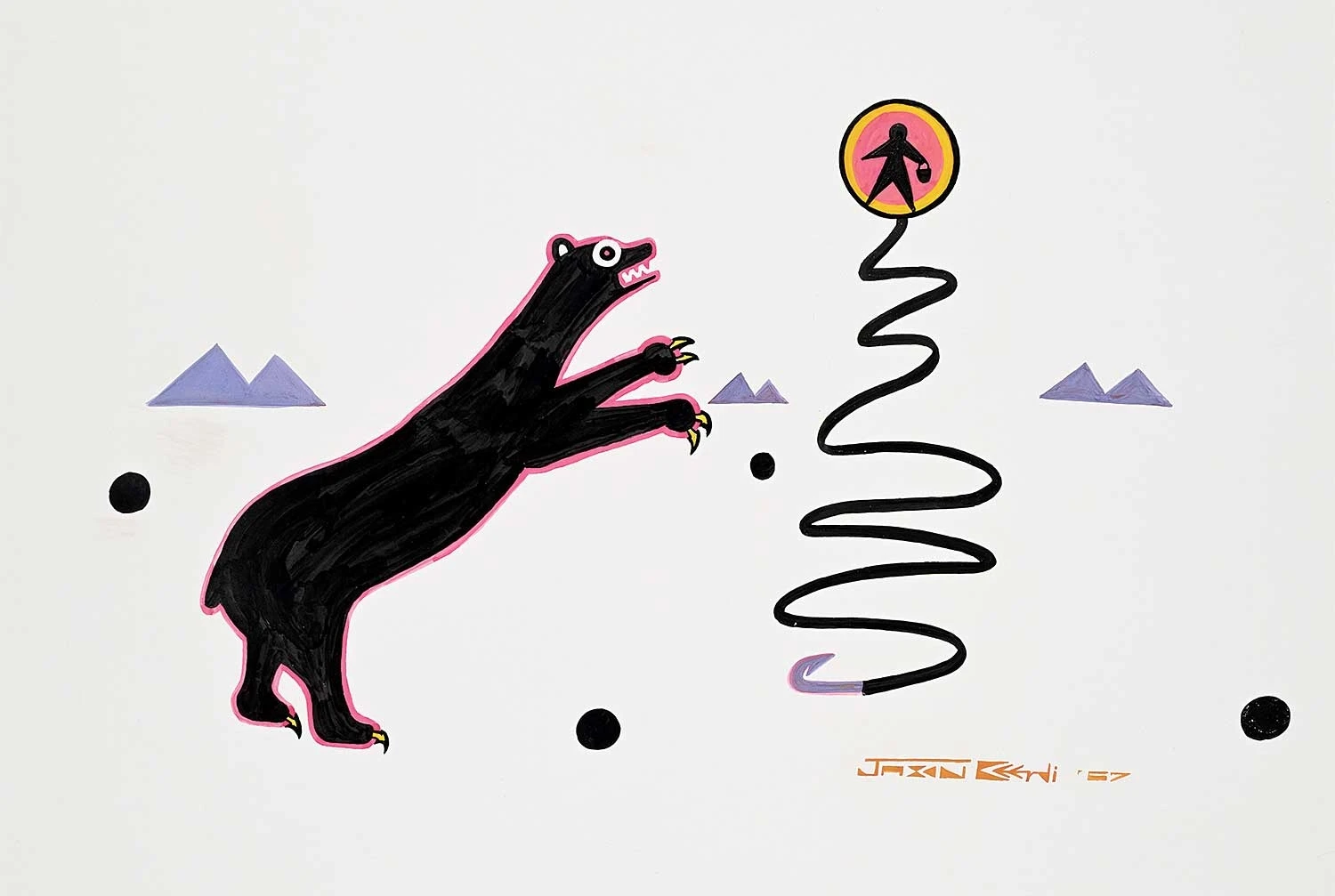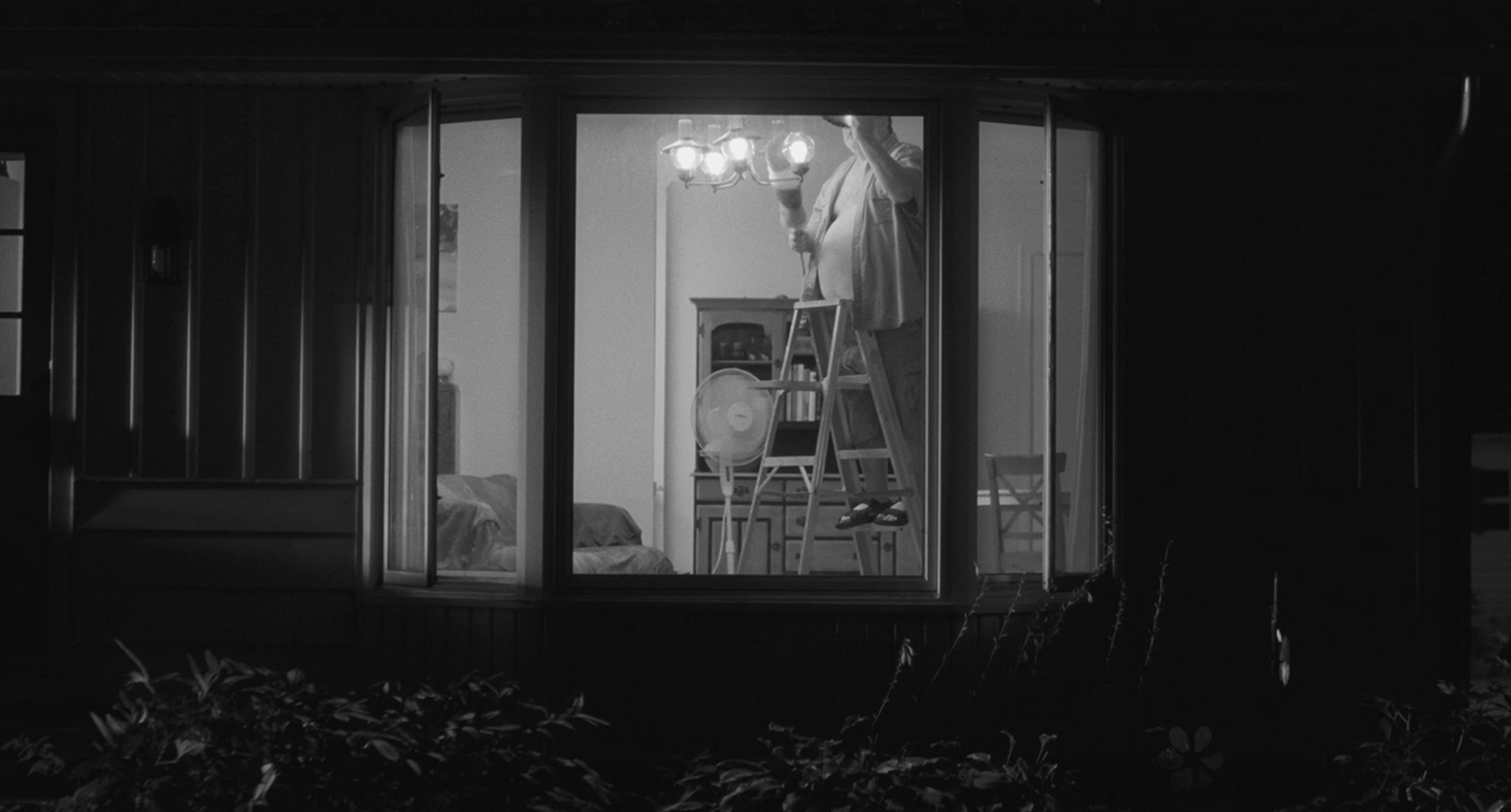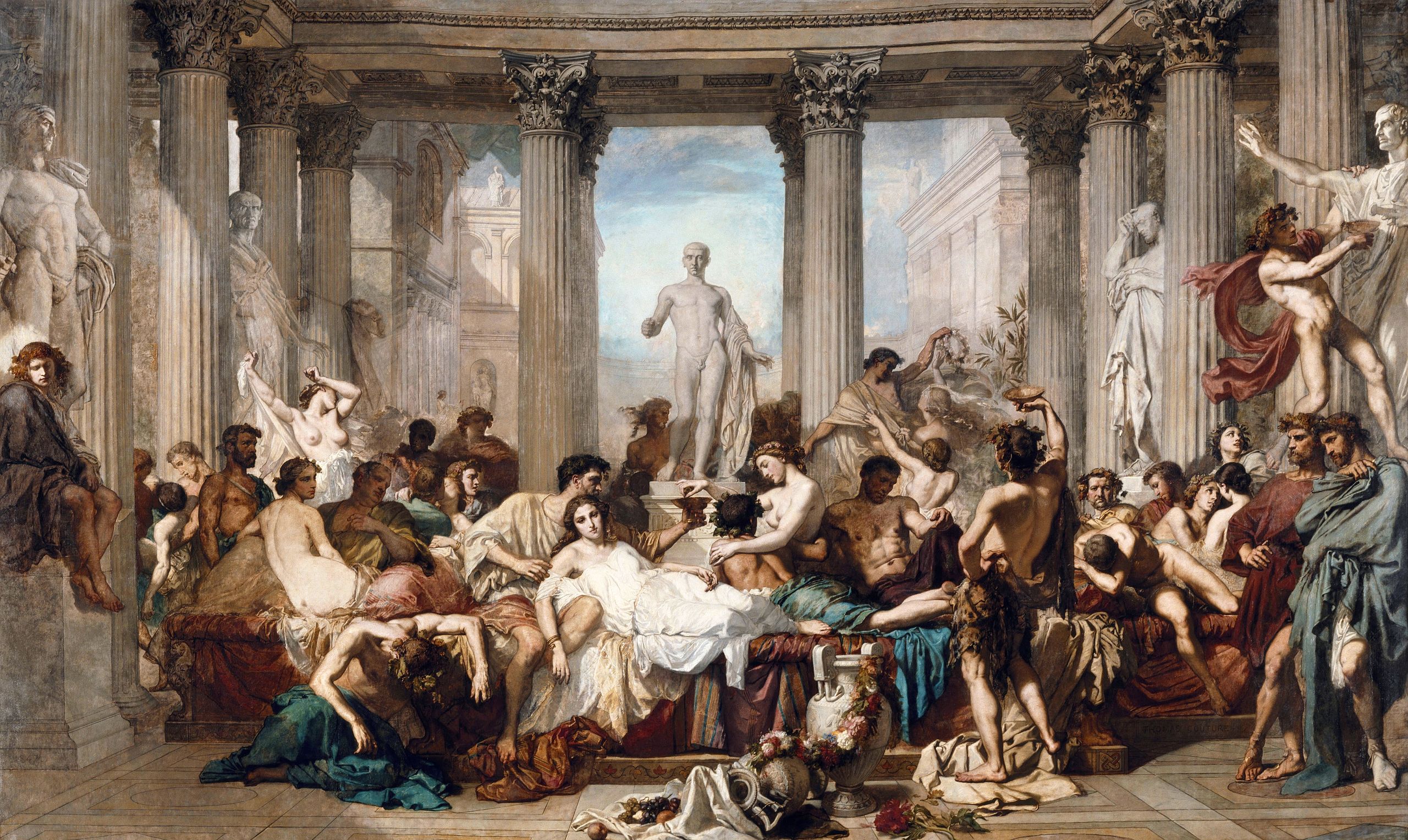Whitehead transposes his experiences of being a marginalized Oji-Cree and queer body onto his protagonist, and represents those pieces of his identity with the motif of the bear that follows Jonny throughout his journey.
Comments closedThe Channel Posts
During a summer in her early twenties, Nicole struggles with her lack of maturity and direction, seeking a sense of greater fulfillment. Along these lines, one can read Tu Dors Nicole as a bildungsroman, or coming-of-age film.
Comments closedThe Wolf of Wall Street’s incessant use of profanity (the word “fuck” appears over five hundred times in the screenplay) literally gets lost in translation, and, consequently, causes French audiences to misunderstand and misinterpret the film. Through its mistranslation of curse words, the film renders itself inaccessible to Francophone audiences and fosters an Anglocentric viewing experience.
Comments closedIn Apex Hides the Hurt, Colson Whitehead exposes the role of boundaries in the context of race, history and identity. This essay considers how Whitehead works to reinforce or destabilise these demarcations.
Comments closedAwad’s novel retains the central tropes of a chick flick—namely, an outsider protagonist both repulsed by and attracted to an ‘in-group’ of mean girls—but Awad uses the traditionally youthful and feminine elements of this group to undermine the inculcated reverence of universities as the end-all-be-all of higher education.
Comments closedThrough the analysis of the Arcadia, The Faerie Queene and Pandosto, the assumption that Fortune is infallible is superseded by an emphasis on active human intention, which proves capable of surpassing Fortune’s negativities. Rather than ultimately favouring Fortune, these texts reveal how romance as a genre opens a space for human agency.
Comments closedThrough H.D.’s Hermione and Anand’s Bakha, the process through which ideology is unconsciously reproduced is revealed; however, these characters internalize their respective social misrecognitions differently, illustrating the impact of the caste system in one’s attempts to escape societal confinements.
Comments closedFor Moll, the construction of this alternative identity is a dignified rejection of social expectation; for Erauso it is the adoption of a brutal society he admires. I argue that these gender transgressions are acts of self-identification, not motivated by fear and desperation, but by pride and pleasure.
Comments closedTW: This essay contains references to violence throughout and a brief mention of SA in the author’s analysis of power and violence in Titus Andronicus.
Comments closed







